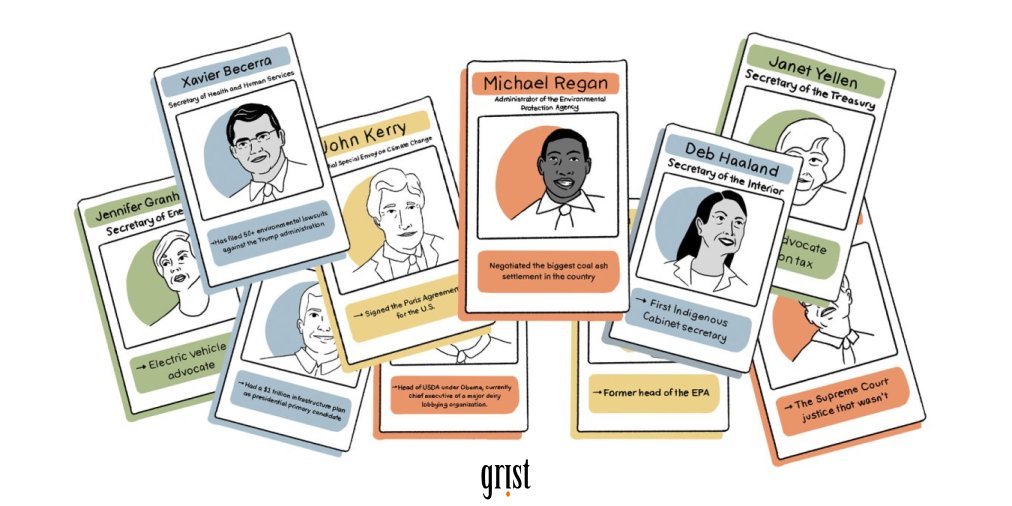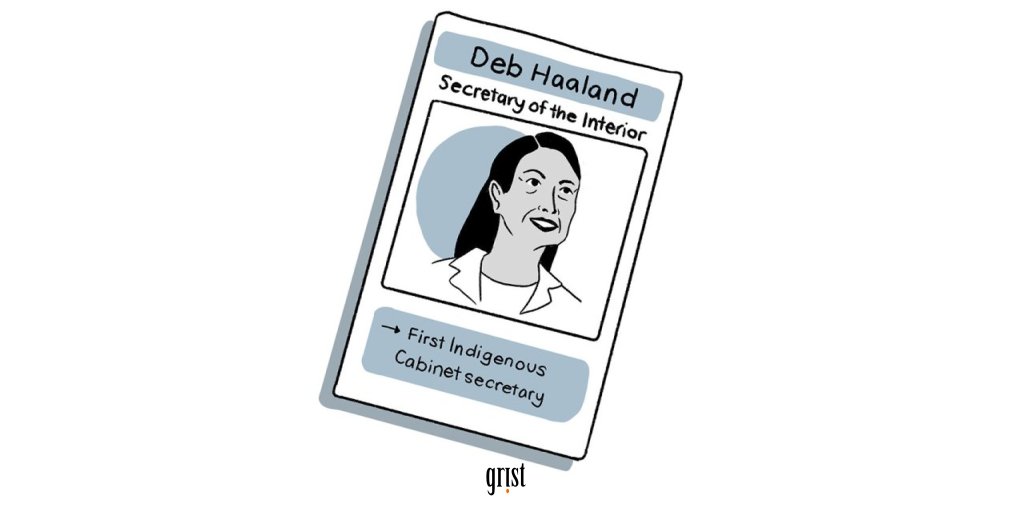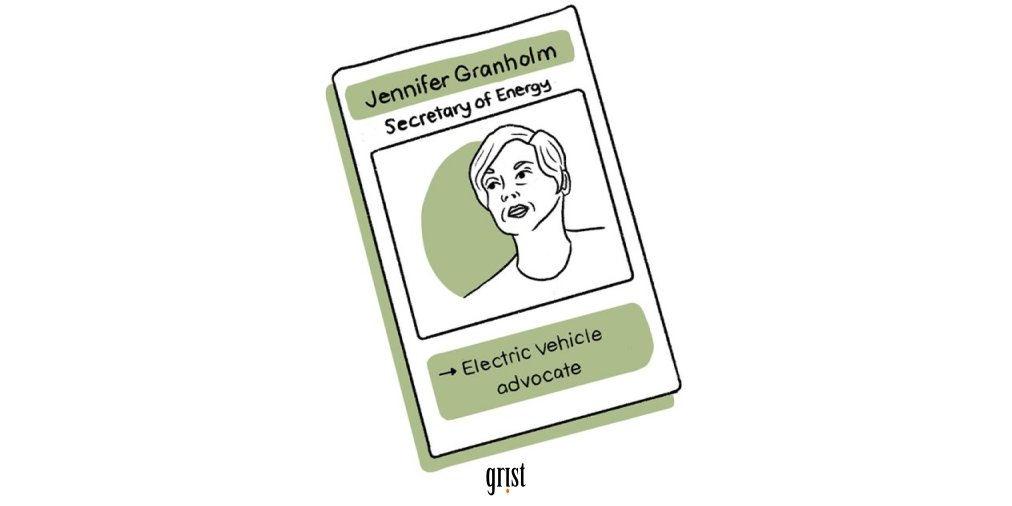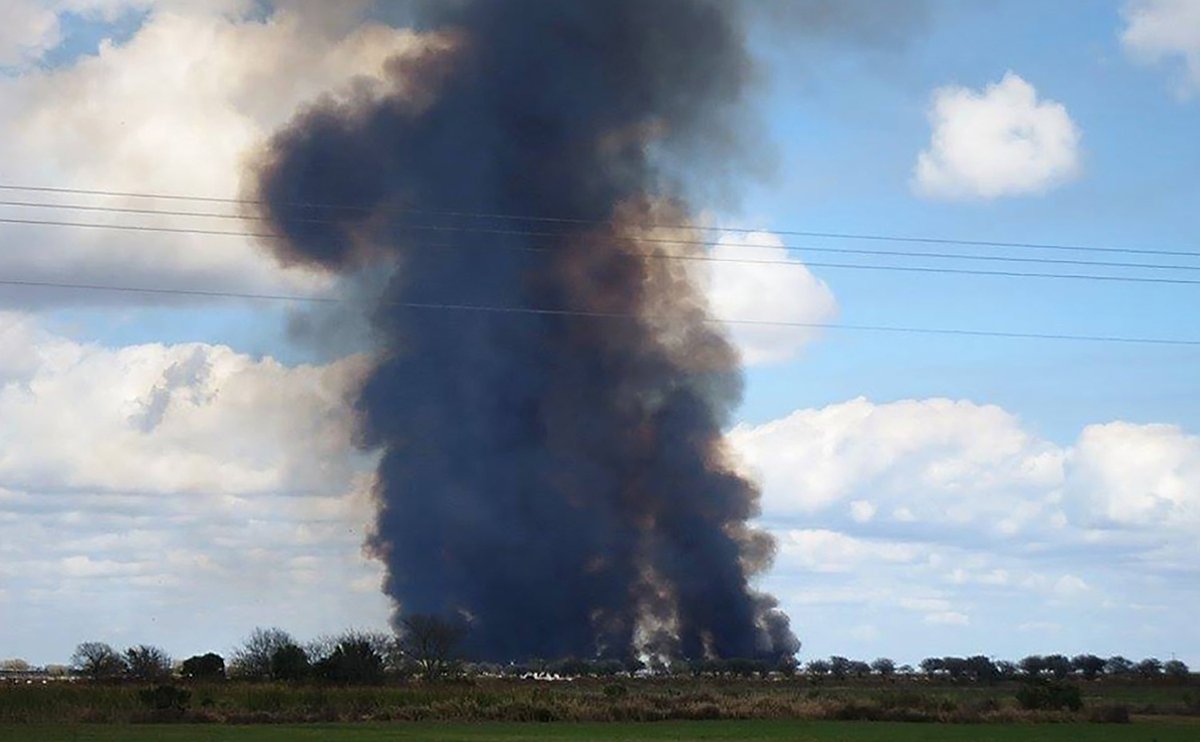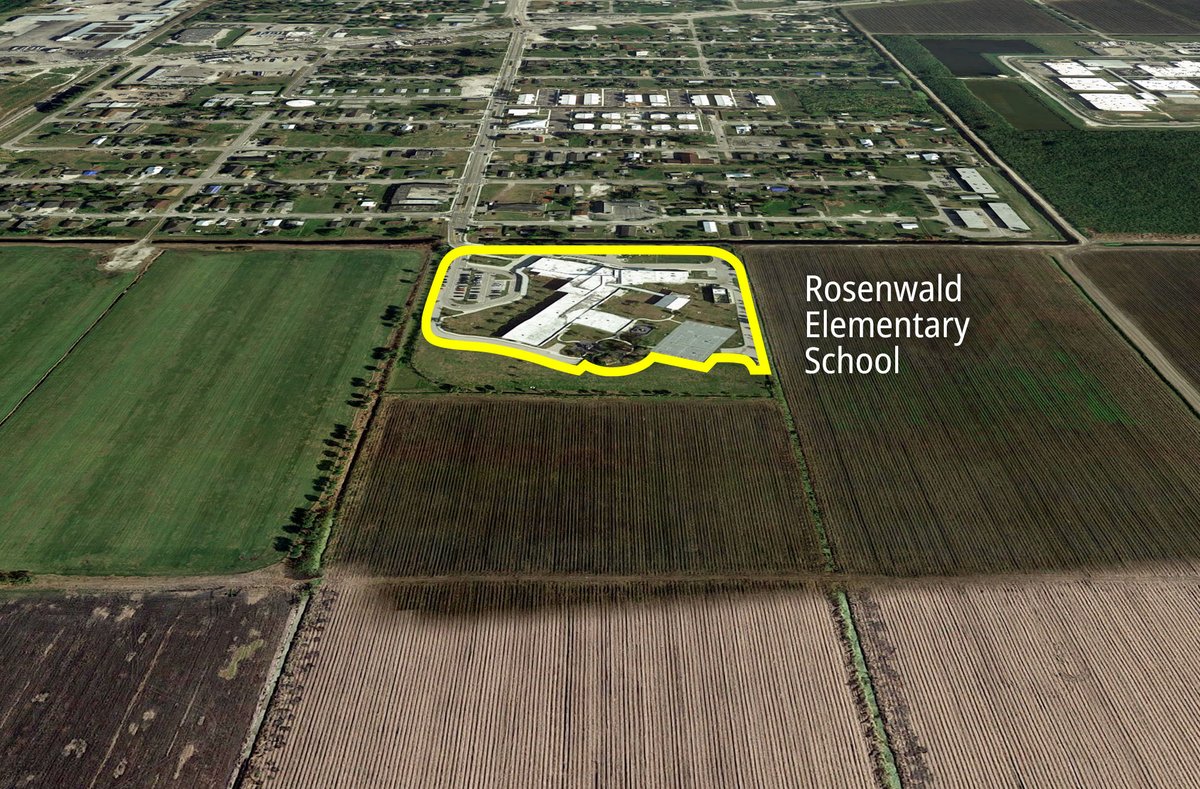
Racist real estate covenants were federally outlawed in 1968, but Dorothy Walker argues that while the laws that once divided Berkeley, CA, by race and class have evolved, their effects remain today. | Nathanael Johnson (@SavorTooth) writes. bit.ly/31iTQkH
2/ When Walker and her then-husband Joe Kamiya, who was Japanese, went house-hunting in Berkeley in 1950, they were simply told that they’d have to find a place in the western half of the city, a result of explicitly race-based neighborhood covenants. bit.ly/31iTQkH 



3/ As the government tried to make racial segregation illegal, cities around the country, including Berkeley, replaced them by segregating by income and wealth instead. bit.ly/31iTQkH
4/ In 1916, Berkeley passed a zoning plan that permitted only single-family homes in the richest parts of town. Much of the same areas deemed low-risk for banks because they were all white. bit.ly/31iTQkH 

5/ By requiring only single-family homes set back from their property lines in the white parts of towns, “municipalities basically codified existing patterns of demographics."
Even today, the east side of Berkeley remains much whiter than the rest of the city.
Even today, the east side of Berkeley remains much whiter than the rest of the city.

6/ At the same time, the country was in upheaval over integrating schools. Walker was working as part of a committee to oversee the integration of Berkeley’s schools.
The city devised the most comprehensive integration system in the country. bit.ly/31iTQkH
The city devised the most comprehensive integration system in the country. bit.ly/31iTQkH
7/ But Walker feels little pride for her contribution to the effort.
“What I learned was that the problem wasn’t the schools, it was the surrounding neighborhoods. To really desegregate the schools you need to desegregate the city.” bit.ly/31iTQkH
“What I learned was that the problem wasn’t the schools, it was the surrounding neighborhoods. To really desegregate the schools you need to desegregate the city.” bit.ly/31iTQkH

8/ After working on the schools committee, Walker served on the planning and zoning commission where she proposed eliminating single-family zoning to the rest of the planning commission. But instead of loosening restrictions, citizens moved to clamp down. bit.ly/31iTQkH
9/ Now, after 50 years, people have started listening to Walker, but she feels no joy in her vindication. bit.ly/31iTQkH 

10/ Walker spent the bulk of her life fighting to open up neighborhoods to more people.
It’s finally happening: A wave of cities and states are eliminating single-family zoning. Berkeley’s City Council could join them this week.
It’s finally happening: A wave of cities and states are eliminating single-family zoning. Berkeley’s City Council could join them this week.
https://twitter.com/SavorTooth/status/1374750394065117187?s=20
11/11 Tonight the Berkeley City Council will vote on ending single-family zoning. Walker hopes to live to see her efforts come to fruition. bit.ly/31iTQkH
• • •
Missing some Tweet in this thread? You can try to
force a refresh

